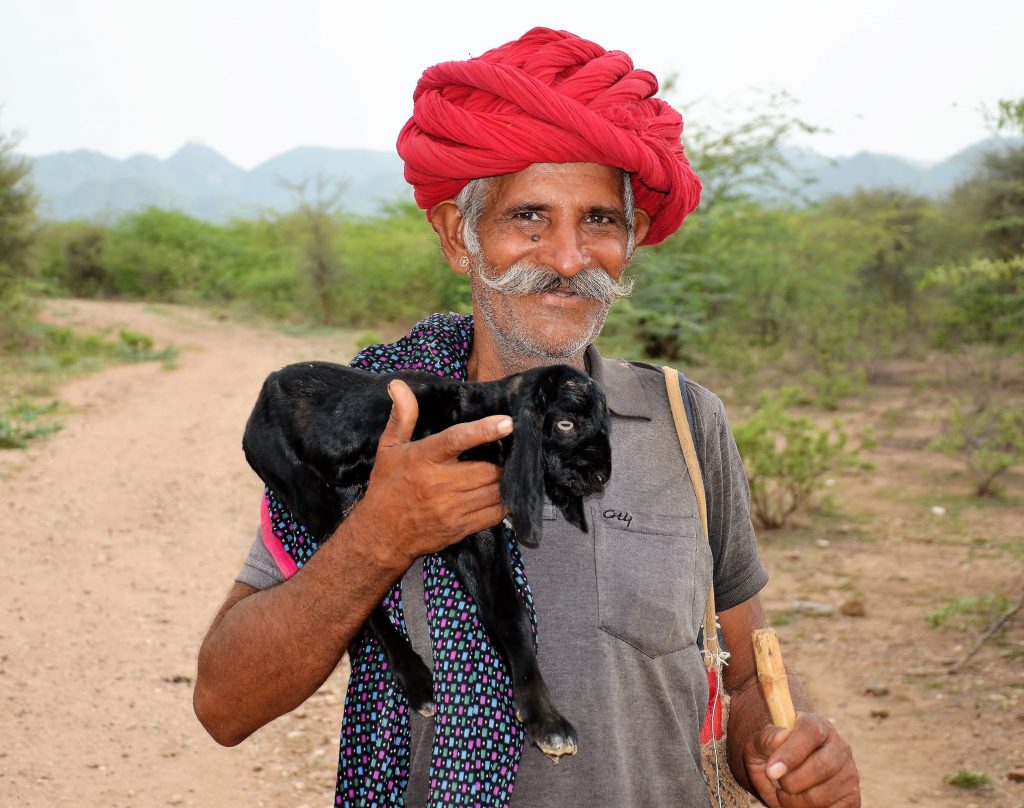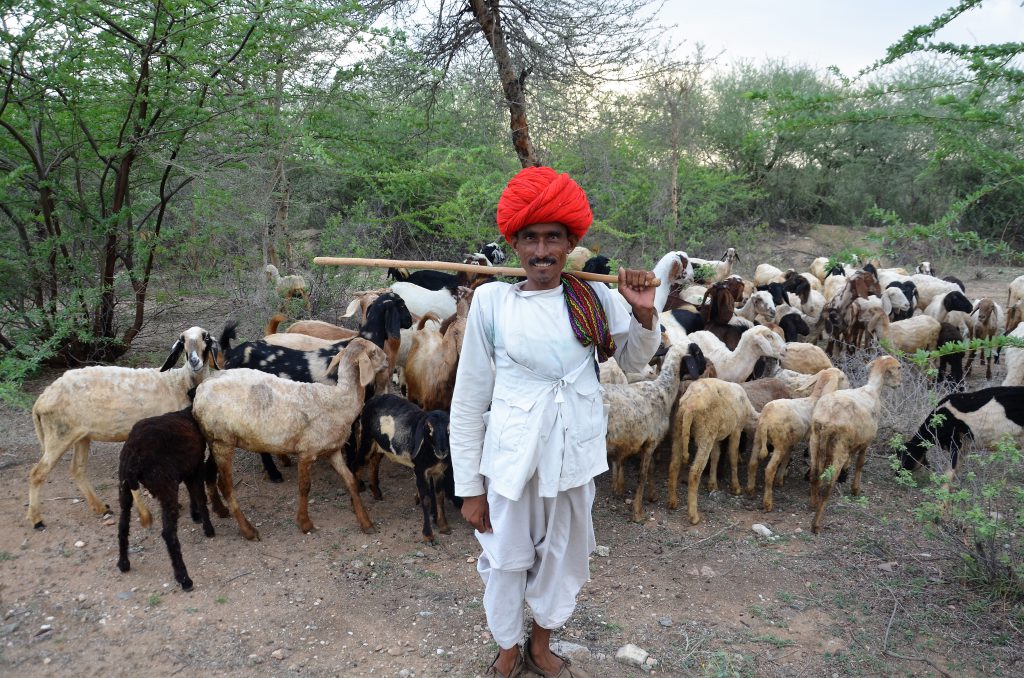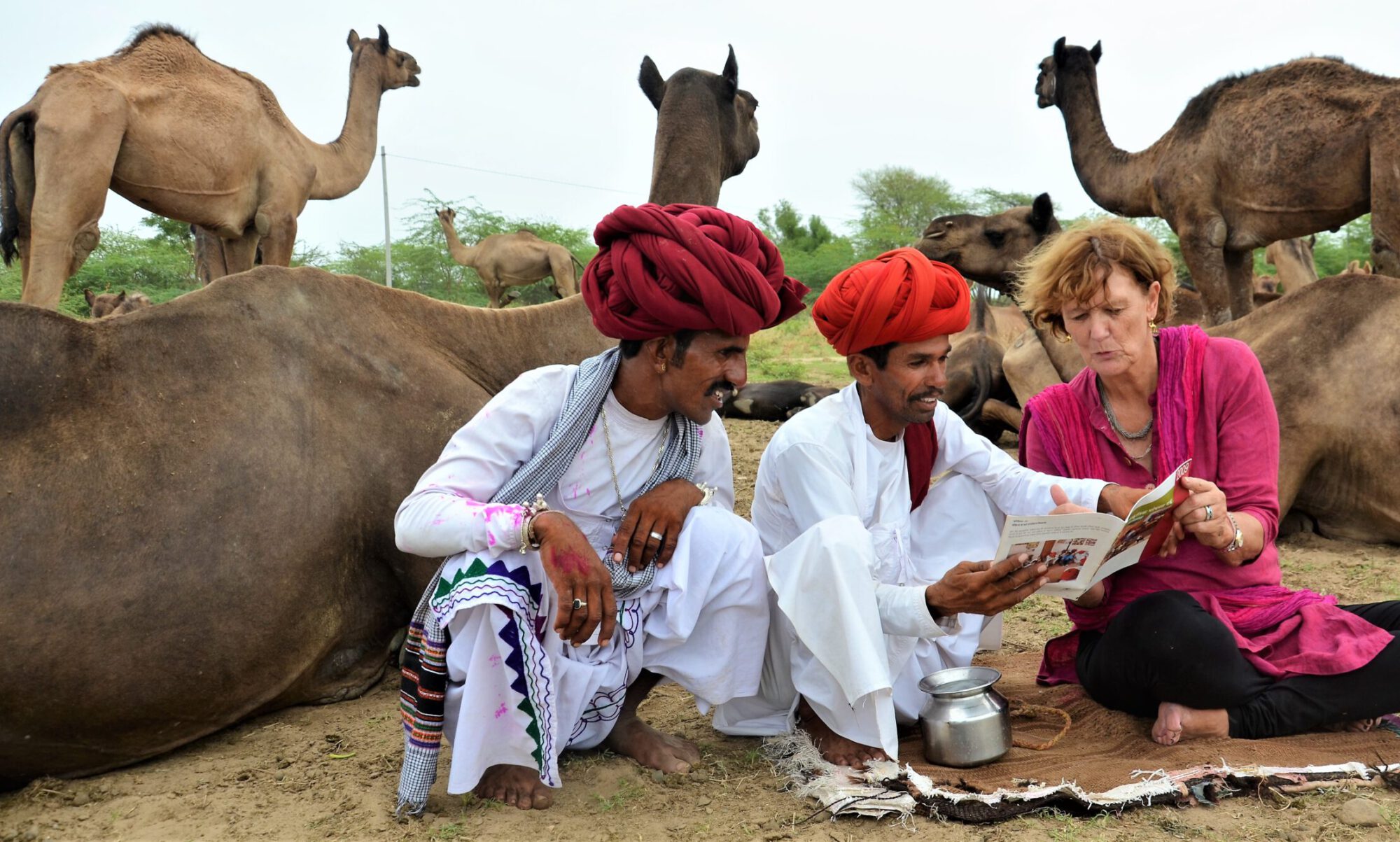
Pastoralists are somehow always on the defensive, being told that they need to change their ways, are backward, unproductive, cause desertification, and harm the climate. Sigh! Nothing could be further from the truth. At the moment it’s the IPCC (Intergovernmental Panel on Climate Change) Report on Climate Change and Land that is causing a lot of consternation among pastoralists who follow such issues. Its contents are summed up by major media in headlines such as “Eat less meat: UN climate-change report calls for change to human diet“. Although this headline is from the topnotch scientific journal Nature (!), it totally misrepresents what the IPCC report actually says! Shocking, indeed – whatever happened to scientific standards?
Pastoralists, in Africa and elsewhere, I want you to know:
- What the IPCC report is actually saying is “animal-sourced food produced in resilient, sustainable & low-GHG emission systems present major opportunities for adaptation & mitigation while generating significant co-benefits in terms of human health”. Nowhere does it mention that anybody should eat less meat. It does make some references to “better management of grazing and of livestock”, but it leaves open what precisely is meant by that.
- While ruminants continue to be blamed for their methane emissions, a big trend among the liberal elite in parts of the US, is to support ‘restorative grazing‘ to counter climate change by supporting carbon sequestration. For example, multi-billionaire and democratic presidential candidate Tom Steyer is raising free ranging cattle on his ranch as a tool to avert climate change: Now ‘restorative grazing’ and pastoralism don’t have exactly the same goals – one is oriented at carbon sequestration and biodiversity conservation, the other at food security. But both follow the same principles, and pastoralism has survived and kept the environment intact for almost 10,000 years or so, so maybe it could teach restorative grazing a thing or two?
- A host of research shows how important pastoralist products are for our health. This recent article by Fred Provenza et al, published in Frontiers in Nutrition elegantly summarizes it: “the health of livestock, humans, and environments is tied to plant diversity—and associated phytochemical richness—across landscapes. Health is enhanced when livestock forage on phytochemically rich landscapes, is reduced when livestock forage on simple mixture or monoculture pastures or consume high-grain rations in feedlots, and is greatly reduced for people who eat highly processed diets. “

4.In an increasingly resource constrained world, pastoralism/grazing is the way to go, because it directly converts roughage into high value protein. We can no longer afford to use the intermediate step of growing feed for livestock on arable land, usually with a lot of fossil fuel expenditure, and we can not afford cutting down more rainforest for growing soybeans. Its the law of thermodynamics that comes to the fore here, as beautifully explained in a somewhat older article by USDA scientist R. K. Heitschmidt et al entitled “Ecosystems, sustainability, and animal agriculture”. Please read this eye-opener from which I only want to quote this sentence:..”when properly managed, rangeland agriculture is fully sustainable, having gone on long before the discovery of fossil fuels, and it will, without doubt, go on long after the depletion of fossil fuels.”
There are certainly a lot of problems for pastoralists, and I am not saying that land degradation or overgrazing does not occur. But the principles of pastoralism are sound and ecological. Lets hope policy makers will recognize this in time and give pstoral development priority. The IPCC Report rightly emphasizes that there is a connection between climate, soil degradation and livelihoods.
Thanks to Susan Macmillan and Dr. Sara Place for alerting me to important references!

 Follow
Follow
I very much appreciate what you wrote and what you are doing.
I would like to correspond with you about related projects…
Dear Fred,
only saw this mail now! I am very keen to correspond with you too! I am citing you copiously in a book I am writing about pastoralism.
Guess you know this – https://www.youtube.com/watch?v=RW8BclS27aI&list=PLJEeYejb4pU_hRlOxpkNJ1EWELOAgIIeC&index=3,
not exactly for pastoralists but for those who try to eliminate livestock farming as such …